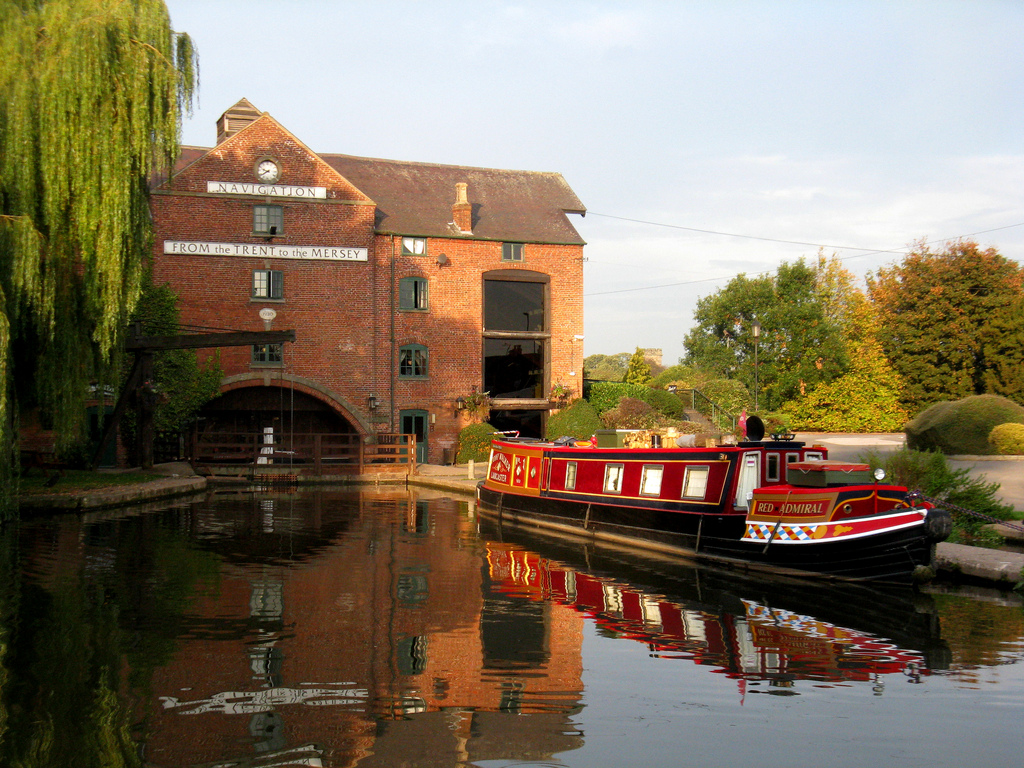The surname Sharlow has a few possible origins. It may be an Americanized form of the French surname Chaloux or an altered form of the English surname Shardlow. Another theory suggests that it could be derived from a nickname. The Sharlow surname is a good example of how names can carry multiple layers of meaning and history.
Derived from a Nickname
The surname Sharlow could have been attributed to someone having short or even fair hair, with roots in Old English words scir (bright, or clear) and locc (hair) – which over time evolved into various spellings, such as Sherlock, Scurlock, and Shylock. A Gaelic equivalent of the name is Scurlóg.
Habitational or Topographical Origin

Another theory posits that Sharlow is a locational surname. In this context the name is thought to come from a specific place or geographical feature in medieval England. One interpretation connects it to the Old English words scir (again, meaning bright or clear) and hlaw (meaning hill or mound), implying that the original bearer may have lived near a “bright hill” or “clear mound.”
The surname Shardlow as an English habitational name originates from a specific locality in Derbyshire. The name takes its roots from the township of Shardlow in the parish of Aston-upon-Trent, an area with a history dating back to at least the Domesday Book (where it appears as “Serdelau”). Over the centuries, the recorded forms of the name evolved—from Serdelau to Shardelow in 1279, eventually becoming Shardlow.
The township of Shardlow not only lent its name to the family but it was also a central point for the region’s early administrative and social life. For instance, early notables such as Sir John de Shardelowe emerged from this heritage, playing significant roles in medieval governance and law. This association with an established locale helped cement the surname as one of local pride and historical significance in the English Midlands.
Over time, like many medieval surnames, Shardlow experienced considerable variation in its spelling. You might encounter alternate forms such as Shardelow, Shardlowe, Shardelowe, Shardlaw, among others. These variations are typical of the pre-standardization period of the English language, where record-keeping was influenced by regional dialects, literacy levels, and the phonetic spelling habits of scribes. Today, the surname can still be found predominantly in central England, as well as among descendants in countries such as the United States, Australia, and Canada, reflecting historical migratory patterns.
